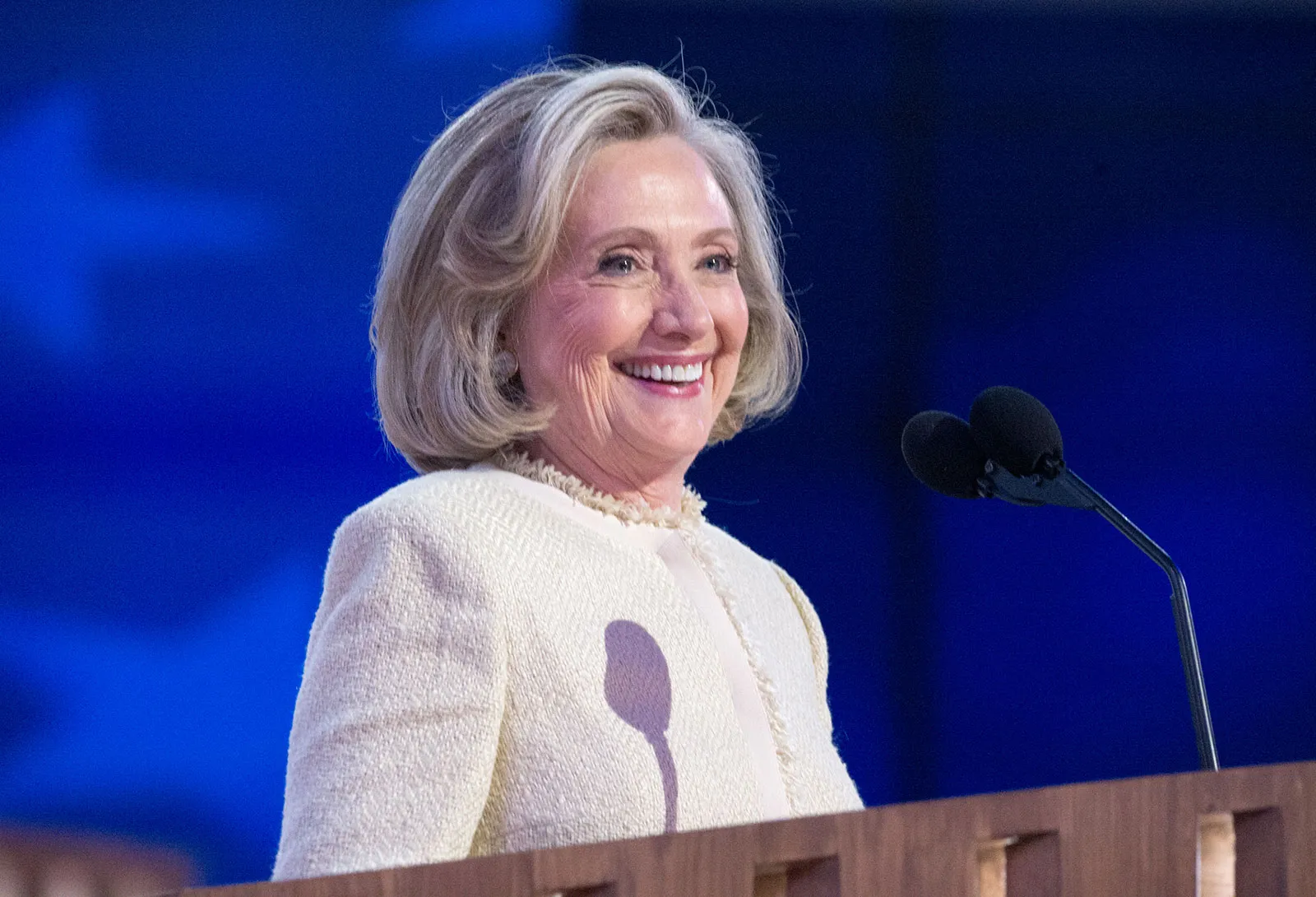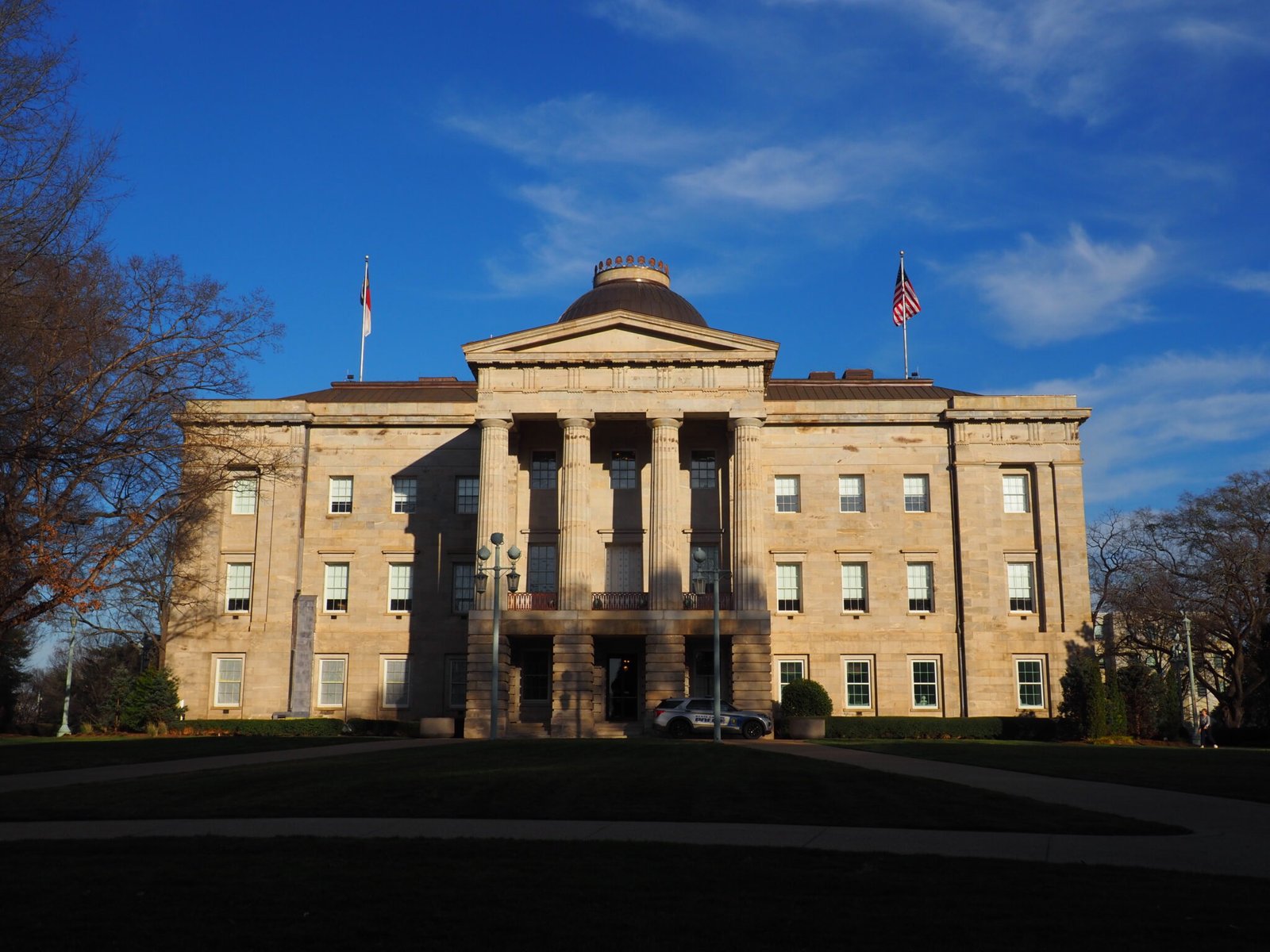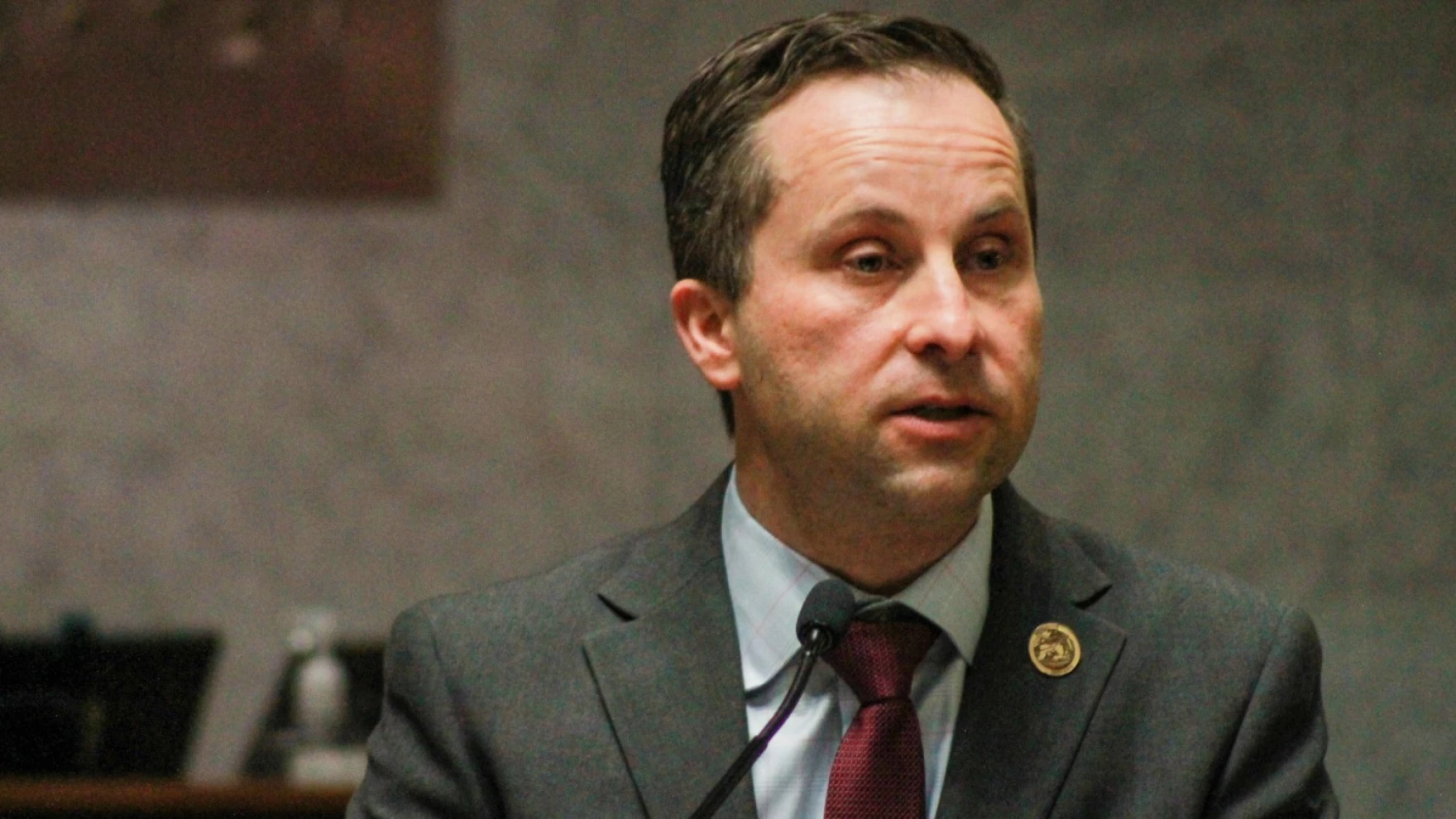Hillary Clinton has played a major role in American political life for over four decades. From her early years as a student activist to her historic run for the U.S. presidency, she has remained one of the most influential and discussed political figures in the country.
Born on October 26, 1947, in Chicago, Illinois, Hillary Diane Rodham Clinton attended Wellesley College, where she graduated in 1969 with a degree in political science. She then earned her law degree from Yale Law School in 1973, where she met Bill Clinton, the man she would marry in 1975. Early in her career, Clinton worked as a staff attorney for the Children’s Defense Fund, laying the groundwork for her lifelong focus on children’s welfare and healthcare reform.
Hillary Clinton became nationally recognized as the First Lady of the United States from 1993 to 2001 during Bill Clinton’s presidency. In that role, she was not content with simply ceremonial duties. She took on active policy work, most notably her efforts to create a national health care plan in the early 1990s. While the plan did not pass, her advocacy helped lead to the later creation of the Children’s Health Insurance Program, which provided coverage to millions of low-income children. Her work during these years established her as a powerful voice for families and women’s rights.
In 2001, Hillary Clinton broke new ground by becoming the first former First Lady elected to the U.S. Senate. Representing New York, she served two terms and focused on a variety of issues, including military matters and homeland security in the wake of the 9/11 attacks. She gained a reputation for her diligence and willingness to work across party lines. However, her vote in favor of the Iraq War Resolution in 2002 later became a controversial point during her future presidential campaigns.
Clinton ran for the Democratic presidential nomination in 2008 but was defeated by Barack Obama, who later appointed her as Secretary of State. She served in that role from 2009 to 2013, navigating major foreign policy challenges including the Arab Spring, the raid that killed Osama bin Laden, and the diplomatic pivot to Asia. Her leadership during international crises earned praise, though her handling of the 2012 attack on the U.S. diplomatic compound in Benghazi, Libya, became a major point of criticism among opponents.
One of the most defining moments of Hillary Clinton’s career came in 2016, when she became the first woman in U.S. history to be nominated for president by a major political party. She won the popular vote but lost the Electoral College to Donald Trump. Her campaign was marred by ongoing controversy over her use of a private email server while serving as Secretary of State. Though the FBI did not recommend charges, the incident played a significant role in shaping public perception. Additionally, U.S. intelligence agencies concluded that Russia interfered in the election to help her opponent, a matter that continues to spark political debate.
Clinton has also faced criticism over her ties to the Clinton Foundation and whether her public service roles presented potential conflicts of interest. Despite repeated investigations, no charges were ever filed. Her long career in public service, combined with these controversies, has made her both a respected leader and a polarizing figure.
Beyond politics, Hillary Clinton is a best-selling author. Her books include “Living History,” “Hard Choices,” and “What Happened,” in which she reflects on the 2016 election. She has also collaborated with her daughter, Chelsea Clinton, on “The Book of Gutsy Women,” celebrating female trailblazers.
Hillary Clinton remains active in public life, supporting Democratic candidates and speaking out on issues like voting rights, climate change, and women’s empowerment. Although she no longer holds public office, she continues to influence the political landscape in the United States and abroad. Her legacy includes decades of advocacy, public service, and the breaking of major gender barriers in American politics.







